
Aisam, along with his partner Rohan Boppana, reached the final of the US Open men’s doubles, losing in two tense tie-breaks to the legendary Bryan brothers. A day earlier he had also reached the final of the mixed doubles. How did Aisam feel playing before a capacity crowd at the daunting Arthur Ashe stadium in Flushing Meadows? “It was a dream come true but I was also very nervous as I had never played in front of 15,000 people before.”
The journey to the heights of the tennis world was a long one for Aisam. He came from a renowned tennis family — his mother Nausheen Ihtisham was a 10-time national champion while his grandfather Khwaja Iftikhar was the undisputed champion in pre-Partition India.
Unlike most modern tennis stars, who are handed a racquet before they can even walk, Aisam only took up tennis at the age of 13. Even then, it was only a hobby which he says he used as an escape from homework. At first, tennis was a struggle. He recalls losing 6-0, 6-0 in the first round of his very first tournament. That spurred a disheartened Aisam to push himself harder. Just four years after first picking up a racquet, Aisam became Pakistan’s youngest ever grass court champion. Aisam’s game had progressed to such an extent that he became the Asian number one and the world number seven in the juniors’ rankings. He even received a full tennis scholarship to study at Stanford University but decided to turn professional and make his living on the tour.
Tennis players are usually past their peak and approaching retirement by the time they turn 30. Aisam, however, is just getting started. As he explains, “Pakistan is not a tennis-playing country per se. In other countries, most professional tennis players start training when they are as young as four years old, just like cricket and hockey players do here in Pakistan.” He adds, “I personally feel that people from the subcontinent bloom later in life. For me, 30 is the new 20. I feel stronger now than I ever did in my twenties and my performance on the court has significantly improved as I have matured. Therefore my career is not contingent on my age. I feel I can perform much better now and I still have five to six years of professional tennis left in me.”
As heart-warming and surprising as Aisam’s late-career resurgence has been, he always strived for more than just excellence on the court. He has used his partnership with Indian Rohan Boppana to make the case for Indo-Pak peace. The self-styled Indo-Pak Express greet visitors to their website with the message “Stop war, start tennis.” And after losing to the Bryan brothers in the final of the US Open he gave a heartfelt speech on how he hoped his performance would show that there is more to Pakistan than just terrorism.
Aisam’s desire for peace and understanding transcends mere rhetoric. He caused a furor in 2003 when he teamed up with Israeli Amir Hadad to play in the Wimbledon doubles. He was denounced by his country’s own tennis federation which wanted him to be banned. However, he stuck to playing with Hadad and forcefully condemned those who were using tennis as a wedge to push their political agenda. When Aisam says, “Tennis has given me a way to make my parents proud of me and I wish to continue doing that” he shows that humility, grace and bucketloads of talent can take you a long way.
Published in The Express Tribune, October 9th, 2010.
1736891733-0/Cardi-B-(1)1736891733-0-405x300.webp)


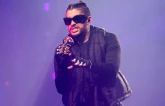


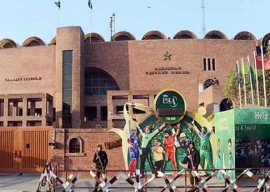

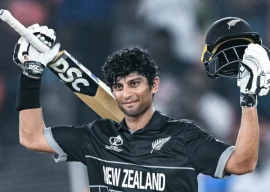


1732012115-0/Untitled-design-(14)1732012115-0-270x192.webp)
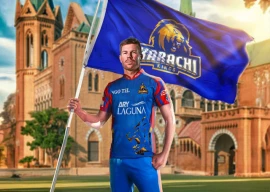
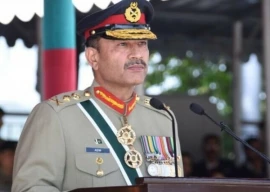


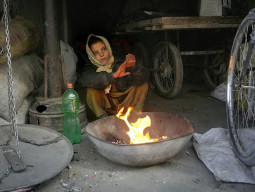






COMMENTS (2)
Comments are moderated and generally will be posted if they are on-topic and not abusive.
For more information, please see our Comments FAQ